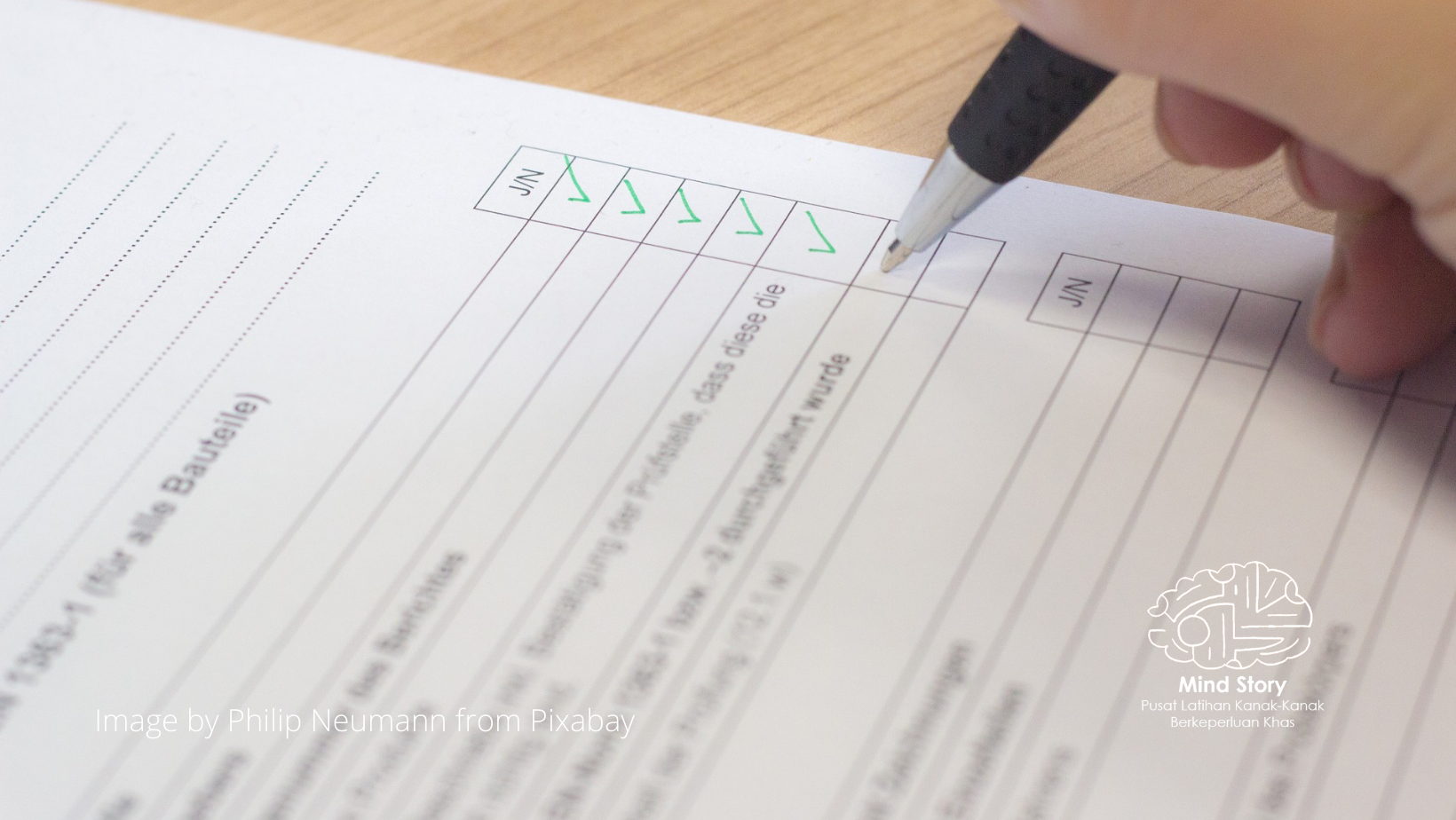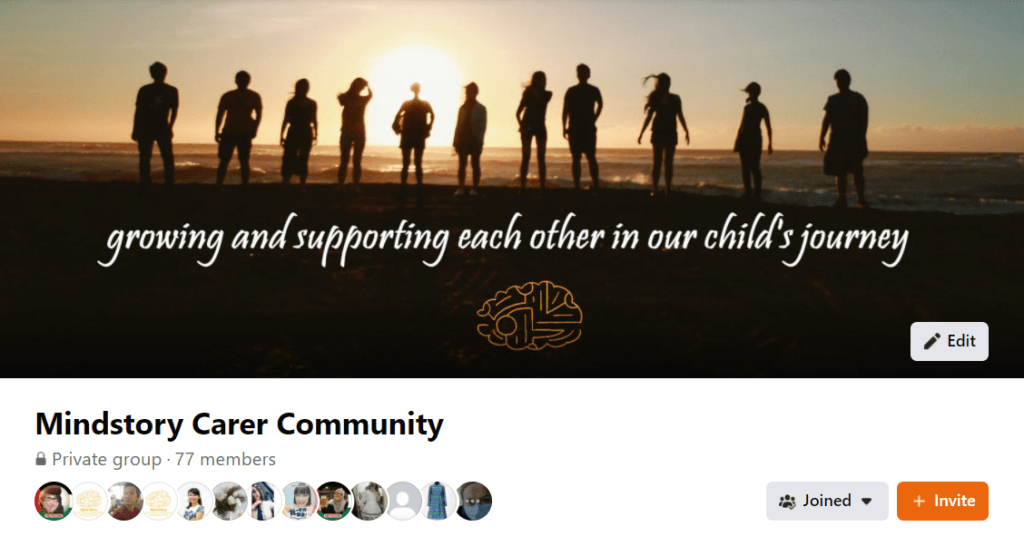
Developmental milestones are a set of skills or age-appropriate tasks that most children can do at certain age. These milestones are based on development instead of growth. Most development milestones are categorized into social / emotional, language and communication, cognitive and movement / physical. Pediatricians uses developmental milestones checklist to monitor your child’s development in all areas or if your child may be at risk for developmental delays.
What is developmental milestones checklist?
There are many developmental milestones checklist available for reference. The one which we refer to is by Centers for Disease Control and Prevention (CDC), USA for ease of reference and user-friendliness. The checklist is a simplified format that parents or carers of young children can make use of and monitor their child’s progress.
The checklist covers 4 domains, namely, Social / Emotional, Language / Communication, Cognitive and Movement / Physical. Social / Emotional looks at how your child interacts with other people, responses to others while Language / Communication monitors the use of communication methods such as speech, gestures and understanding of others. For Cognitive development we would be looking at how your child learns, understand or problem solve their challenges and lastly, Movement / Physical addresses the use of gross and fine motor skills in muscle development, locomotion and performing daily activities.
Access the free materials by CDC here.
The checklist doesn’t apply to my child. Why bother?
The developmental checklist is developed to monitor child’s development, ages 2 months to 60 months. By identifying gaps and delays, you would be able to take on specific action on where, what and how you can support your child. It provides an indicator of area where your child struggles or where he / she excels.
3-step guide
Here’s the 3-step guide on how you can make use of developmental checklist to support your child.
Step 1: Identification
If you come across the checklist when your child is new born, congratulations! You can follow the checklist as your child grows and monitor his / her development. If your child is at 3 years old, no fret! Go through all checklists ages 2 months to 3 years old. Identify specific milestones which your child has yet to acquire. Make a list of all missing milestones according to domains – Social / Emotional, Language / Communication, Cognitive and Movement / Physical and according to ages. Do know that milestones acquisition has to build from younger to older age.
Here is an example of missing milestones under Language / Communication for a child at 3 years old.
| Age | Milestones |
| 1 year | Tries to say words you say |
| 18 months | Says several single words |
| 2 years | Says sentences with 2 to 4 words |
Step 2: Plan
With the checklist, you are able to identify clearly the missing milestones for your child. From the missing milestones list in the example, it is clear that this child has yet to acquire the skill of trying to imitate the words you say. That would be the basis of activities you can introduce to the child on daily basis to get the child to try to say words after you.
Meanwhile, you would want to check in with your child’s doctor to have him assess your child’s condition. You would want to rule out any medical condition that may be hindering your child’s ability to produce sound or speak.
Step 3: Action
Meanwhile, use daily interaction with your child to build their skill. In our example where the child has language / communication delay, when the child points to an apple, you take the apple and before handing it over to the child, hold the apple in front of him, slightly out of reach. Say the word “apple” by exaggerating your mouth movement and pause. Allow child time to process and make an effort to say the word. Once you see him making an effort to produce the sound, praise by repeating, “That’s right, apple” and hand over the apple to the child. Pat his hand / head to reinforce his effort.
You can repeat the activity when your child is requesting for any item or activity during the day. It is important to allow time for your child to respond.
Conclusion
Developmental checklist is a useful tool for parent or caregiver to monitor their child’s development. Always check in with your child’s doctor if you have any concern with your child’s development. Your daily interaction with your child can support them in reaching their developmental milestones. Upon full assessment by your child’s doctor and if needed, you can take remedial actions to support your child’s development by getting professional therapy or services.
If you are looking for specific activities to support your child, do join our MindStory Carer Community Group on Facebook and post your questions. Alternatively, you can reach out to us at admin@mindstory.com.my. Our team will be able to provide some suggestions to support you.
Or read on our previous postings on child development domains:
Social and Emotional Development
Communication and Language Development
Cognitive Development
Physical Development
